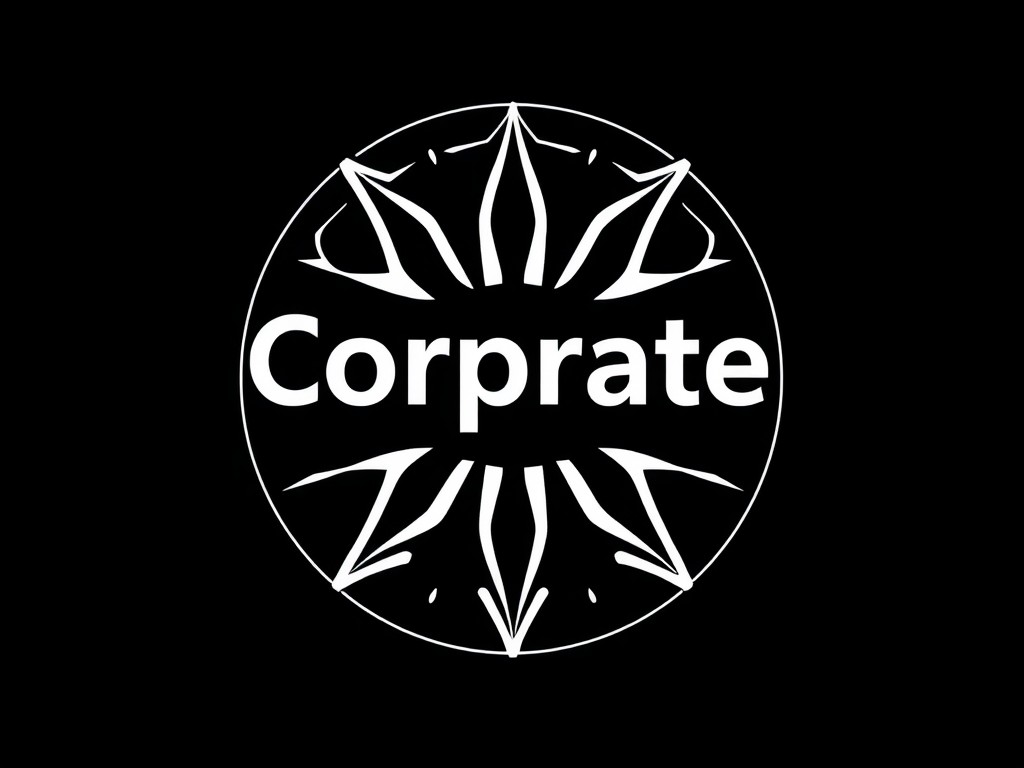Overview of the Bribery Act 2010
The Bribery Act 2010 is a critical piece of legislation in the UK focused on combating corruption and ensuring ethical conduct in both domestic and international business dealings. This Act establishes strict regulations and is viewed as one of the most comprehensive anti-bribery laws globally, making UK compliance a top priority for businesses.
One of the primary goals of the Bribery Act 2010 is to define what constitutes bribery and introduce strict penalties for offences. The Act features key provisions that include four offences: offering, promising, or giving a bribe; requesting, agreeing to receive, or accepting a bribe; bribing a foreign public official; and failure of a commercial organisation to prevent bribery.
Also read : Crucial legal approaches for uk companies to safeguard against ransomware risks
Organisations need to maintain a high standard of ethical conduct to comply with the Act, particularly in international business environments where varying cultural norms and practices can pose challenges. Ensuring adherence not only protects companies from legal repercussions but also enhances their reputation and fosters trust with partners and clients worldwide. The importance of integrity and ethics in business cannot be overstated, as they are foundational to sustainable growth and responsible operations on a global scale.
Key Provisions of the Bribery Act 2010
The Bribery Act 2010 brings several vital compliance requirements and defines a set of bribery offenses. It covers both domestic and international scenarios, placing responsibility on businesses and individuals alike.
Also to see : Navigating the financial services and markets act 2000: essential legal responsibilities for uk businesses
Offenses Covered by the Act
The Act outlines four main bribery offenses: offering a bribe, receiving a bribe, bribery of foreign public officials, and the failure of commercial organisations to prevent bribery. Each offense targets corrupt practices, ensuring accountability on a global scale.
Definitions of Bribery
The term bribery is defined broadly within the Act, encapsulating any financial or other advantage given to induce or reward improper performance of a function or activity. This broad definition captures a wide range of unethical activities, closing potential loopholes.
Penalties and Enforcement Measures
The penalties for violating the Act are severe, with individuals facing imprisonment for up to 10 years and unlimited fines. Companies could also be penalised with similar financial repercussions. Enforcement is carried out rigorously by authorities ensuring adherence to these key provisions.
The Bribery Act 2010 is a significant piece of legislation that underscores the UK’s commitment to combating corruption. Its intricate regulations lay down a stern message to individuals and corporations, demanding heightened awareness and strict compliance.
Implications for International Business
Navigating international dealings requires UK-based companies to adhere strictly to the Bribery Act 2010, especially when engaging in cross-border transactions. With the global marketplace’s interconnected nature, these companies must ensure compliance not only within local confines but across various international landscapes. The Act influences business operations significantly by setting global standards to prevent unethical conduct, which is crucial in maintaining a company’s reputation and legal standing.
In the realm of international bribery, case studies reveal the repercussions of non-compliance. For instance, prominent UK firms previously caught in bribery violations faced severe penalties and reputational damage. These instances underscore the importance of vigilance and integrity in international business practices.
The relevance of the Act diverges across geographical jurisdictions. In regions with lenient enforcement of anti-bribery laws, UK companies must implement robust compliance programs to uphold the stringent global standards mandated by the Act. This ensures that even in areas where local laws are lax, UK businesses maintain higher ethical practices, thereby avoiding potential legal entanglements and preserving their market position.
UK companies must remain proactive and informed about the diverse legal environments they operate in, ensuring an edge in the competitive international arena.
Compliance Strategies for UK Companies
Implementing effective compliance strategies is crucial for UK companies navigating today’s complex regulatory environment. Central to these efforts are comprehensive ethical guidelines and rigorous anti-bribery measures designed to maintain integrity.
Developing a Compliance Policy
Creating a robust compliance policy forms the backbone of any compliance strategy. This involves outlining ethical guidelines that reflect the company’s core values and legal obligations. The policy should address all aspects of the company’s operations, providing clear instructions on adhering to anti-bribery measures and other ethical standards.
Training and Awareness Programs
Successful compliance strategies rely on frequent training and awareness programs. These initiatives educate employees about the importance of compliance and the intricacies of following ethical guidelines. Regular workshops and seminars can drive home the significance of anti-bribery measures, ensuring that employees internalize these standards and act accordingly.
Risk Assessments and Ongoing Monitoring
Regular risk assessments and vigilance are necessary to maintain compliance. An effective system monitors changes in the legal environment and identifies emerging risks. By doing so, companies can adjust their compliance strategies proactively. Continual monitoring ensures the company remains ahead, adapting its ethical guidelines and anti-bribery measures to remain compliant with evolving regulations.
Building an effective compliance framework is an ongoing process necessitating dedication, awareness, and a tailored approach to fit unique company needs.
Industry-Specific Considerations
Navigating the realm of industry-specific compliance necessitates a nuanced understanding of various sector challenges. Each industry, whether it be healthcare, construction, or finance, faces unique hurdles that call for tailored approaches to maintain compliance and mitigate risk factors.
In healthcare, the necessity to protect patient information while ensuring accurate data sharing presents a significant challenge. Here, strategies must prioritize data security while enabling effective patient care. Similarly, the construction sector deals with safety regulations and environmental standards, requiring compliance teams to focus on worker safety and sustainable practices.
The finance sector faces its own set of stringent regulations, necessitating robust systems to prevent fraud and uphold market integrity.
Tailoring compliance strategies to meet these industry-specific needs can turn potential challenges into opportunities for improvement and innovation. Case studies across sectors highlight successes in adapting to compliance regulations. For example, a healthcare entity may adopt advanced encryption methods, enhancing data protection.
Meanwhile, a construction firm might develop a comprehensive safety program, reducing on-site incidents. Each case study offers valuable lessons for others in similar fields. Thus, businesses are encouraged to learn from these examples and craft strategies that successfully address industry-specific compliance requirements, turning challenges into successful compliance narratives.
Resources for Further Learning
Exploring further learning opportunities is crucial for understanding and adhering to compliance. The UK Government offers official Bribery Act guidance documents, providing detailed instructions and examples. These documents serve as valuable compliance resources, crucial for businesses to ensure laws are met.
In addition, there are various training programs and workshops designed to support companies. Such educational tools help employees and management understand their roles and responsibilities in maintaining compliance. Workshops often include practical exercises and simulate real-world scenarios to equip participants with experience and confidence.
Online resources present an excellent avenue for continuous learning and connectivity. Numerous networks facilitate information sharing, acting as a platform for discussing challenges and solutions regarding compliance. Subscribing to such networks ensures you’re updated with recent developments and strategies to tackle compliance-related issues.
Some specific resources include:
- Compliance resources: Offer updates and legal interpretations.
- Training programs: Essential for company-wide education on compliance.
- Online communities: Provide support and allow you to connect with industry professionals for advice and shared experiences.
To leverage these resources effectively, businesses should regularly review their own policies against the guidance available and maintain an active participation in educational initiatives.
Conclusion: Best Practices for Adherence
Ensuring compliance success with the Bribery Act involves implementing a set of best practices tailored to uphold ethical standards. These practices are foundational to fostering an organisational culture of integrity and trust.
Firstly, regular training sessions are crucial, enabling employees to understand and adhere to ethical standards. Ensuring that everyone is aware of what constitutes bribery and the implications of engaging in such activities is paramount. This not only protects the organisation but also the individuals within it.
Organisations should actively promote a whistleblower-friendly environment. A strong whistleblower policy is integral, allowing employees to report unethical behaviour without fear of retaliation. This encourages transparency and accountability, reinforcing adherence aims.
An effective compliance program also involves meticulous documentation and reporting. Keeping comprehensive records of gifts, donations, and hospitality helps maintain transparency, offering protection and clarity should any legal questions arise.
As the legal landscape evolves, it’s essential to monitor changes actively. This proactive approach ensures that the organisation stays ahead, making necessary adjustments to maintain compliance.
Finally, leadership commitment to ethics and compliance is crucial. When leaders prioritise and model ethical behaviour, it sets a standard for the entire organisation, embedding integrity into the corporate culture.











